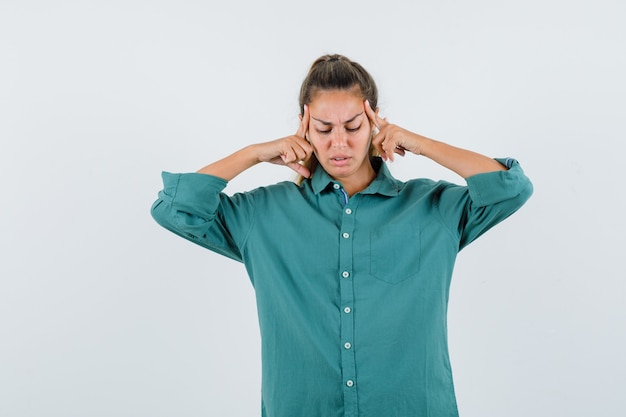
Tinnitus is the perception of sounds like ringing or buzzing without any external source. It’s often linked with hearing loss and can be triggered by loud noises, certain illnesses, or other factors. Nearly one in ten adults in the U.S. report experiencing tinnitus within the past year.
Typically, tinnitus manifests as a temporary symptom, similar to the ringing you might hear after a loud event, and it usually fades away in minutes. Although it’s not usually dangerous, some people suffer from chronic tinnitus, which can seriously affect their quality of life and mental health. Treatment varies by individual but can include medications and sound therapy.
Tinnitus is mostly subjective, meaning only the affected person can hear the sounds. There are classifications based on where the sound occurs (either in the ear or the brain), the nature of the sound, and its duration. Its exact cause is unknown, but it could stem from damage to the inner ear, issues within the auditory pathways, or blood vessel disorders.
This condition results from abnormal nerve and brain activity related to hearing. It is not a disease itself but a symptom that can be triggered by numerous factors. People at higher risk include those with hearing loss or exposure to loud noises.
Diagnosing tinnitus generally involves seeing a specialist, such as an otolaryngologist or audiologist, to confirm the condition and determine the underlying cause. This will help in tailoring the treatment approach. Treatments might include addressing earwax buildup or infections, surgical options for structural issues, or using sound therapy to mask tinnitus. Behavioral therapies can also help people manage their perceptions of tinnitus, whereas medications may assist with related anxiety or depression.
Though some cases are unavoidable, managing tinnitus often involves managing hearing loss. Chronic tinnitus can pose additional challenges and greatly impact mental health, so support from family, friends, and workplaces can be vital. While there is currently no cure, ongoing research into treatments like cochlear implants and brain stimulation shows promise.
Tinnitus is more common in older adults, often peaking in those in their sixties, likely due to age-related hearing loss. Anxiety doesn’t cause tinnitus but can make it more noticeable and affect related conditions like insomnia. Though many cases resolve on their own, chronic tinnitus can lead to sleep problems and exacerbate depression and anxiety if left unmanaged.

